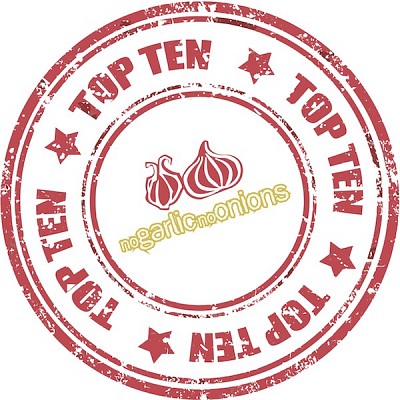Launching a food business is an exhilarating journey filled with potential, but it also comes with its fair share of hurdles. One of the most crucial aspects of setting up your food enterprise is navigating the maze of food regulations. Adhering to these rules not only ensures the safety and quality of your products but also helps you avoid costly legal issues. Here’s a practical guide to help new food businesses master the essentials of food regulation compliance.
Understanding Food Regulation Basics
Before diving into the specifics, it’s important to grasp the overarching regulatory framework for food businesses. Food regulations vary by country and region and are typically enforced by national or local authorities. In the U.S., for instance, the Food and Drug Administration (FDA) and the United States Department of Agriculture (USDA) oversee food safety and labeling. Ensure you’re well-versed in the regulations specific to your location to stay compliant and operate smoothly. When setting up your commercial kitchen, investing in high-quality commercial catering equipment is crucial to ensure that all food safety regulations are met and maintained.
Key Food Safety Standards
Food safety is a top priority in any food business. Complying with food safety standards helps prevent health hazards and builds consumer trust. Here’s what you need to know:
- Hygiene and Sanitation: Maintain rigorous hygiene standards throughout your food preparation process. This includes regular handwashing, sanitizing work surfaces, and keeping equipment clean to avoid cross-contamination.
- Temperature Control: Properly manage food temperatures to inhibit bacterial growth. Ensure food is stored, cooked, and served at the recommended temperatures to preserve safety and quality.
- Ingredient Sourcing: Purchase ingredients from reliable suppliers who adhere to safety standards. This helps prevent contamination and ensures the integrity of your products.
- Staff Training: Equip your team with knowledge of food safety practices. Well-trained staff are crucial for upholding hygiene and safety standards.
Essential Labeling Requirements
Accurate labeling is not only a regulatory necessity but also a key factor in customer trust. Labels must include:
- Ingredient List: Clearly list all ingredients in descending order by weight. This transparency is crucial for consumers with allergies or specific dietary needs.
- Nutritional Information: Provide detailed nutritional facts such as calorie content, fats, and other key nutrients. This is often required for packaged foods.
- Allergen Information: Highlight any allergens present in your product to safeguard individuals with food allergies and avoid potential liability.
- Expiration Dates: Display clear expiration or “use by” dates to inform consumers about product freshness and safety.
Securing Necessary Licenses and Permits
Running a food business usually requires a range of licenses and permits. These can vary based on your location and business type. Common requirements include:
- Food Establishment License: Necessary to operate a food facility and ensure compliance with local health and safety standards.
- Business License: Required to legally run any business, including food enterprises.
- Health Department Permit: You might need this permit from the local health department, particularly if you prepare food on-site.
- Sales Tax Permit: If you sell directly to consumers, a sales tax permit is often required to collect and remit sales tax.
Staying Informed and Seeking Expert Advice
Food regulations are dynamic and can change frequently. To stay ahead, subscribe to industry updates, attend relevant workshops, and participate in educational webinars. Keeping informed helps you adapt to new regulations and maintain compliance.
Additionally, consulting with food safety experts or legal advisors can provide valuable guidance tailored to your business needs. Investing in professional advice can help you navigate complex regulations and avoid costly mistakes.
Conclusion
Mastering food regulations is a critical component of launching and running a successful food business. By understanding the regulatory environment, adhering to food safety standards, ensuring accurate labeling, securing the right licenses, and staying informed, you lay a solid foundation for your business. Compliance not only protects your customers but also helps you build a reputable and trustworthy brand.






































